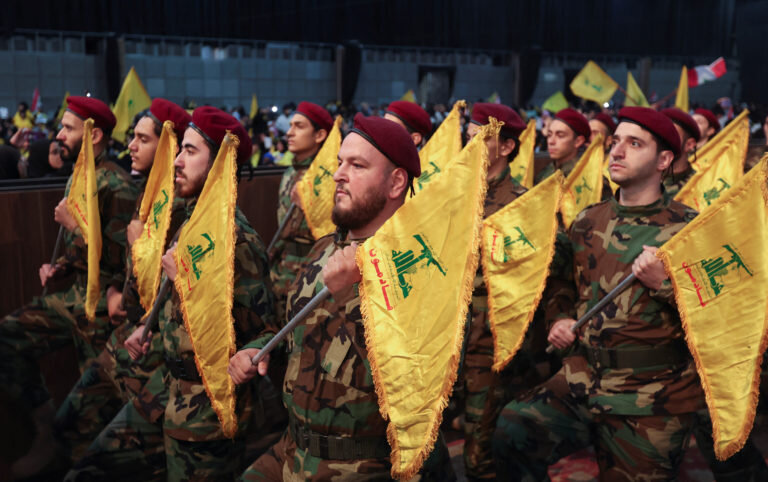Lebanon and the illusion of control: America's strategic blindness in Middle East

LONDON -- Most short- and medium-term strategies adopted by the West — through its various American administrations — are either partially realized or fail to materialize. That’s how the vision of a “new Middle East” has unfolded, nearly two years into the war on Gaza.
This also applies to how post9/11 strategies were seen in the American invasions of Afghanistan and Iraq. What is planned frequently does not happen, or cannot be achieved on the ground. Often unforeseen elements and consequences emerge that upset the original calculations.
The truth regarding Lebanon is that nothing controls the movement of events on the ground except the balance of forces. This leads one to ask: Are the prepared plans and papers enough? Is talk and back-and-forth enough if it is not compatible with the real balance of forces on the ground? Or is it just talk for the sake of talk?
Here the bigger question arises: given the lack of precise knowledge about how the balance of forces on the ground evolved after the "Battle of the Mighty Ones", the picture is no longer what it was before this battle and the Support Battle.
When we speak of the balance of forces between the Israeli occupation entity and the resistance, it certainly is no longer the same. Neither in terms of quantity, nor in terms of quality, nor in terms of methods and confrontation plans.
Many things have changed and perceptions must be built in light of these changes. But estimates remain powerless until they are tested; therefore, there is much talk to feel the pulse and learn the real situation. Through test balloons within demands and visions to gauge the possible reaction.
When the reaction came firmly and decisively — as stated by the party’s SecretaryGeneral — by considering the cabinet decision that ratified the American paper for Barak a sin, treating it as if it had never been and as null and void.
In a subsequent speech, he said that any attempt to implement the paper and attack the weapons would be a Karbalalike battle no matter the circumstances; this is a red line. Then in his third speech, he considered disarmament like stripping away souls.
Does this suffice to give the impression that the party has rebuilt itself enough within a new vision and tactics — and a new method that conceals itself from its enemies? What is its nature and what are its capabilities? Are these enemies testing this existence and trying to probe these new formations to expose and learn about them, or is gambling with this matter very dangerous and could lead to many consequences everyone wants to avoid?
There are fixed matters and there are changing matters. One fixed matter is that the American administration, through the Kingdom of Saudi Arabia, reached a conclusion to adjust the political effects on the balance of forces on the ground.
They assume that the party has lost the battle, and accordingly they adjusted the political balance based on that assumption. They brought those they wanted to bring to the presidency and to the premiership. Instead of coexistence being based on a balance of forces in which the party had the upper hand, dealings became based on a balance of forces in which the entity won.
This has political effects: the American administration came with the parties it wanted to put in power and seeks to completely exclude the resistance party from political life in Lebanon and to disarm it entirely. If that result is tested and it leads to instability, it could produce outcomes contrary to Western interests.
